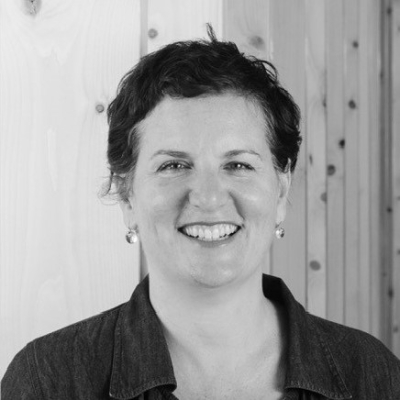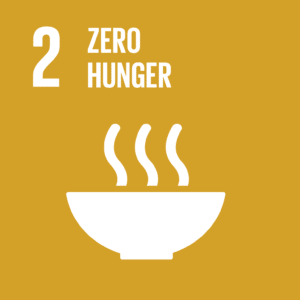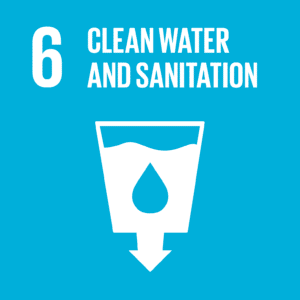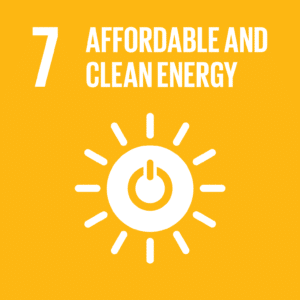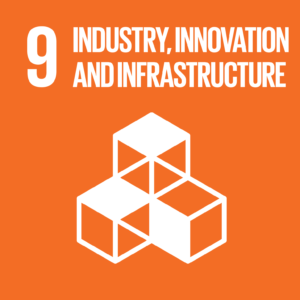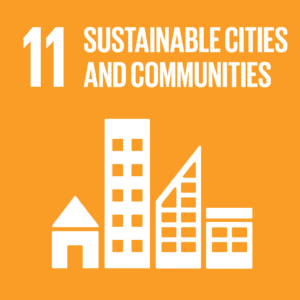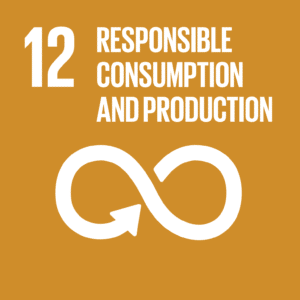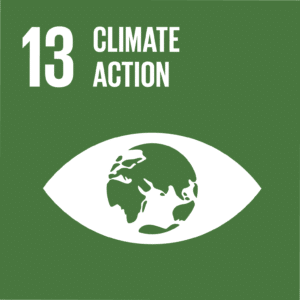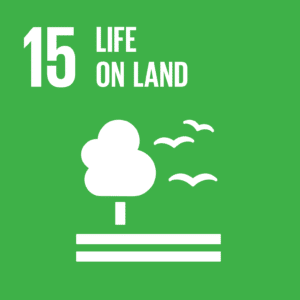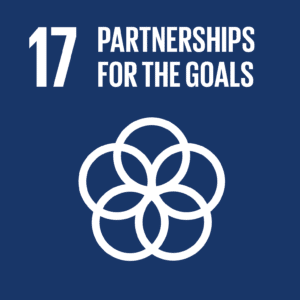Strengthening socio-ecological resilience in desert regions
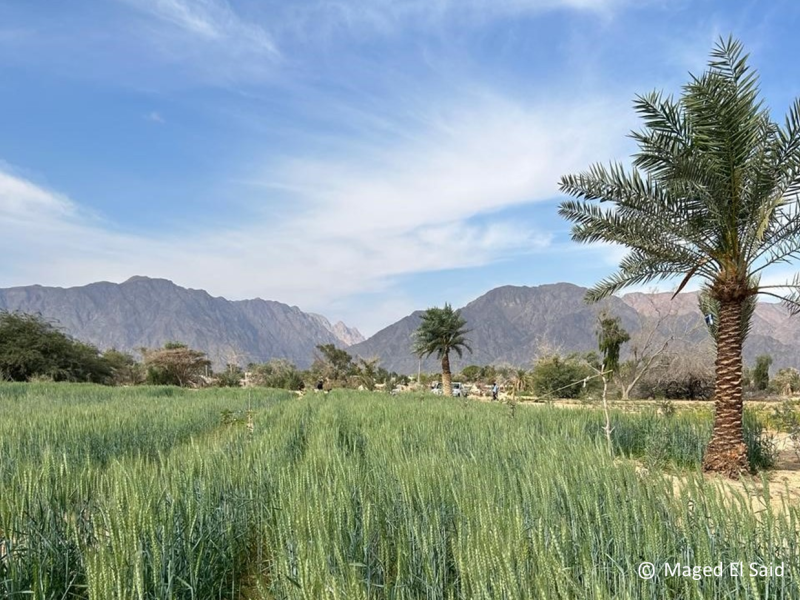
Enhancing climate resilience among farmers in dry areas in Egypt
Egypt, considered long as a cradle of agricultural productivity due to the fertile Nile Delta, faces a growing crisis in water, food, and energy. Depletion of water sources and agricultural land due to population growth and urbanization poses a serious obstacle to maintaining agricultural production at the level required to feed the population.
Therefore, the Egyptian government will expand agricultural land by 2.5 million hectares in the western desert and on the Sinai Peninsula. This expansion necessitates innovative solutions to address the critical issues of water scarcity and ecological sustainability, as both areas are considered infertile according to FAO (Food and Agriculture Organization) standards and have limited freshwater and brackish water resources.
To make this ambitious agricultural expansion successful and protect the environment, a climate-resilient, high-yield agricultural ecosystem based on renewable energy sources is needed. This will promote the socio-ecological resilience of local farming communities while mitigating the adverse effects of climate change.
Smart management of energy, water, agriculture, and nature
In two locations, innovative technologies are being demonstrated to manage energy, water, agriculture, and nature efficiently: the Moghra Oasis in Marsa Matrouh and Nuweiba in South Sinai. Advanced computer models, considering various factors such as weather, soil, and available technologies, are used to conceive and calculate different designs. Local communities are actively involved in selecting the most suitable designs for each location.
Solar and water purification facilities are being installed under the "Buy now, pay later" principle, utilizing solar energy to provide farmers with water. Farmers pay for their water usage upon selling their agricultural products, making it economically feasible for them. A hub for operation and maintenance is established in Cairo to ensure the efficiency and longevity of the installations.
In addition, climate-resilient agricultural techniques are being demonstrated, enabling the cultivation of crops resilient to less rainfall or higher soil salinity and requiring minimal tillage. Solar energy will be utilized to protect crops from wind and heat.
In collaboration with local communities, a long-term master plan is being developed. This plan is transformative, holistic in nature, and can be scaled up.
By pioneering and validating such scalable, community-led practices, this project offers a replicable blueprint for the regeneration of desert areas. This has the potential to extend far beyond the borders of Egypt, with possible applications in more than 60% of the world's desert regions.


Would you like to know more about this project?
